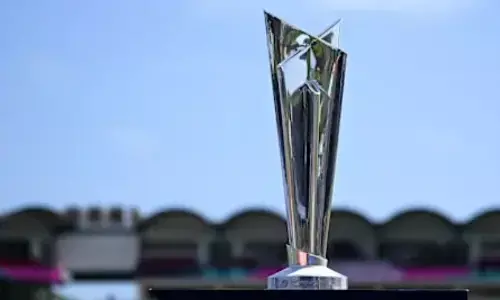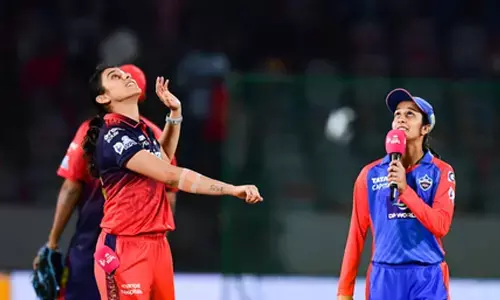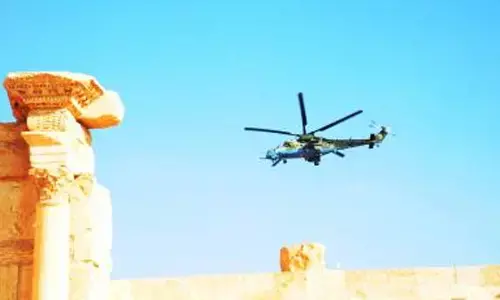A breakthrough in kidney transplantation

About 150-200 persons per million suffer from End Stage Renal Disease (ESRD) in India. The treatment options include renal transplantation, haemodialysis, and CAPD (Home Dialysis). Out of these, transplantation is the treatment of choice. But unfortunately, only 5-10 per cent can utilise it.
About 150-200 persons per million suffer from End Stage Renal Disease (ESRD) in India. The treatment options include renal transplantation, haemodialysis, and CAPD (Home Dialysis). Out of these, transplantation is the treatment of choice. But unfortunately, only 5-10 per cent can utilise it.
For successful renal transplant, the protocol is that blood group must match between donor and recipient. One of the answers to this problem is to promote Paired (Swap) renal transplantation with no blood group matching. Recent advances in transplantation have led to the successful outcome of transplantation even without blood group matching by method of plasmapheresis and using medications like rituximab.
The ‘ABO (A, B, AB, O blood groups) Incompatible Kidney Transplant’ may reduce the waiting time for some people. Before and after a kidney transplant, medical treatment is given to lower antibody levels in the blood and reduce risk of donor kidney rejection. This treatment includes a process of removing anti-bodies from the blood (plasmapheresis), and prescribing medications that protect the new kidney from antibodies.
What does the technique involve?
- Removal of antibodies against the donor’s blood group to allow the transplant to take place successfully.
- Recipient will be given some medication, which will suppress antibody production. The drug is given 30 days before the transplant and then at the time of transplant, along with other anti-rejection drugs.
- The second part is Plasma Exchange during which, the recipient’s plasma (part of the blood) is removed and replaced with replacement fluid. The plasma contains antibodies and with its removal, the antibody level in the blood will fall. The procedure takes nearly 3 hours. No. of sessions of plasmapheresis depend on patient’s antibody titers.
- Depending on the patient’s need, the above procedures will be carried out on alternate days for 10 days before the transplant and some patients may need one or two sessions of plasmapheresis in post-transplant period.
- During this time, blood samples will be taken before and after treatment to check whether the antibody measurement in recipient’s blood is falling to a level suitable to proceed with transplantation.
- Once the antibody titers reach <1:8 transplantation is done.
After the transplant is done, the patient usually must stay in the hospital for one week to 10 days to recover. Some patients may need a few sessions of plasmapheresis after transplant depending on the antibody titers.
The patient will need to take immunosuppressant medications for life to keep the body from rejecting the new kidney. The immunosuppressant medication used is not different from that used in routine transplantation.
What are the risks?
The risk of rejection after surgery applies to all transplants, but is slightly higher in ABO incompatible transplants. About 90-92 per cent of transplants continue working a year after surgery as compared to 95-97 percent in ordinary transplants. (The writer is Senior Consultant and Transplant Nephrologist at Aware Gleneagles Global Hospitals.)
By Dr G Sridhar














